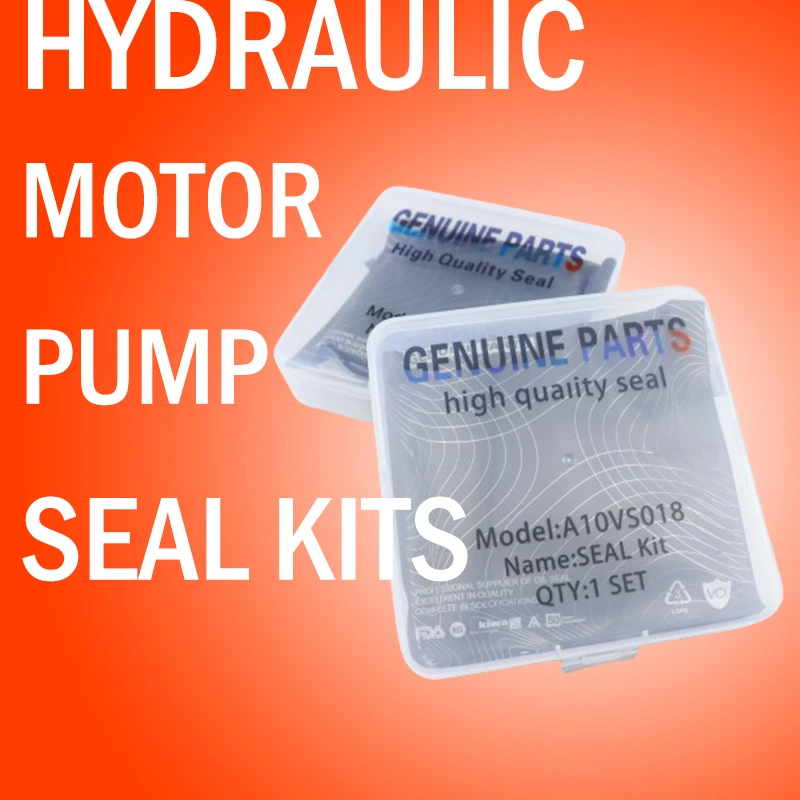Dec . 07, 2024 01:17 Back to list
hydraulic seal
Understanding Hydraulic Seals Essential Components in Fluid Management
Hydraulic seals are crucial components that play a vital role in the efficiency and functionality of hydraulic systems. As the name suggests, these seals are designed to prevent the leakage of fluids, which can significantly compromise the performance of hydraulic machinery. This article delves into the various types of hydraulic seals, their applications, and the factors to consider when selecting the right seal for specific purposes.
What are Hydraulic Seals?
Hydraulic seals are components used to contain hydraulic fluids within hydraulic cylinders, pumps, and other related equipment. These seals are engineered to withstand high pressures, extreme temperatures, and corrosive environments, ensuring that hydraulic systems operate smoothly and efficiently. By preventing fluid leaks, hydraulic seals enhance the overall performance of machinery, reduce maintenance costs, and minimize downtime.
Types of Hydraulic Seals
There is a variety of hydraulic seals, each designed for specific applications and conditions
1. Rod Seals These seals are located on the rod of hydraulic cylinders. They prevent fluid from leaking out of the cylinder while allowing the rod to move freely in and out. Common designs include U-cups and V-rings.
2. Piston Seals These are used in the piston of hydraulic cylinders to keep the hydraulic fluid contained while preventing leakage. Piston seals can be made from various materials, including rubber, polyurethane, and PTFE, tailored to specific operational conditions.
3. End Caps and Sealing Rings These seals are used to close off the ends of hydraulic cylinders, ensuring that fluid remains contained within the cylinder. These components are often made with durable materials to withstand mechanical wear and tear.
4. Wipers Wipers are essential for preventing external contaminants from entering the hydraulic system. They work in conjunction with other seals to ensure that the hydraulic fluid remains uncontaminated, thereby prolonging the life of the seals and the entire hydraulic system.
Applications of Hydraulic Seals
Hydraulic seals are utilized in a wide range of industries, including
- Construction Excavators, bulldozers, and other heavy machinery rely on hydraulic systems to function. Reliable sealing is crucial to prevent fluid leaks that could lead to equipment failure.
hydraulic seal

- Automotive Hydraulic seals are vital in brake systems and power steering mechanisms, ensuring safety and reliability in vehicle performance.
- Manufacturing Industrial machines, such as presses and injection molding machines, utilize hydraulic systems that require effective sealing solutions to maintain operational efficiency.
- Aerospace Hydraulic systems in aircraft rely on robust seals to operate flight control systems and landing gear mechanisms safely and effectively.
Selecting the Right Hydraulic Seal
When choosing a hydraulic seal, several factors must be considered
1. Operating Environment The seal material must be compatible with the fluid it will encounter, including factors like temperature and chemical exposure.
2. Pressure and Load The seal must withstand the maximum pressure exerted within the hydraulic system to avoid failure.
3. Dynamic or Static Application Understanding whether the seal will be static (non-moving) or dynamic (moving) helps in selecting the appropriate design and material.
4. Size and Fit Accurate measurements are crucial for ensuring that the seal fits properly within the assembly, as inadequate sealing can lead to leaks and system inefficiencies.
5. Durability Selecting seals designed for longevity can lead to reduced maintenance needs and better overall system performance.
Conclusion
Hydraulic seals are indispensable in maintaining the efficiency and reliability of hydraulic systems across various industries. Their ability to prevent fluid leakage and contamination is paramount to the optimal functioning of machinery. By understanding the types and applications of hydraulic seals and the factors influencing their selection, industries can ensure that their hydraulic systems operate at peak performance, ultimately leading to enhanced productivity and reduced operational costs. Proper attention to hydraulic sealing solutions can create a significant impact on the longevity and efficiency of equipment, making them worth every consideration in design and maintenance strategies.
-
TCN Oil Seal Metal Ring Reinforcement for Heavy Machinery
NewsJul.25,2025
-
Rotary Lip Seal Spring-Loaded Design for High-Speed Applications
NewsJul.25,2025
-
Hydraulic Cylinder Seals Polyurethane Material for High-Impact Jobs
NewsJul.25,2025
-
High Pressure Oil Seal Polyurethane Coating Wear Resistance
NewsJul.25,2025
-
Dust Proof Seal Double Lip Design for Construction Equipment
NewsJul.25,2025
-
Hub Seal Polyurethane Wear Resistance in Agricultural Vehicles
NewsJul.25,2025
-
The Trans-formative Journey of Wheel Hub Oil Seals
NewsJun.06,2025
Products categories
















